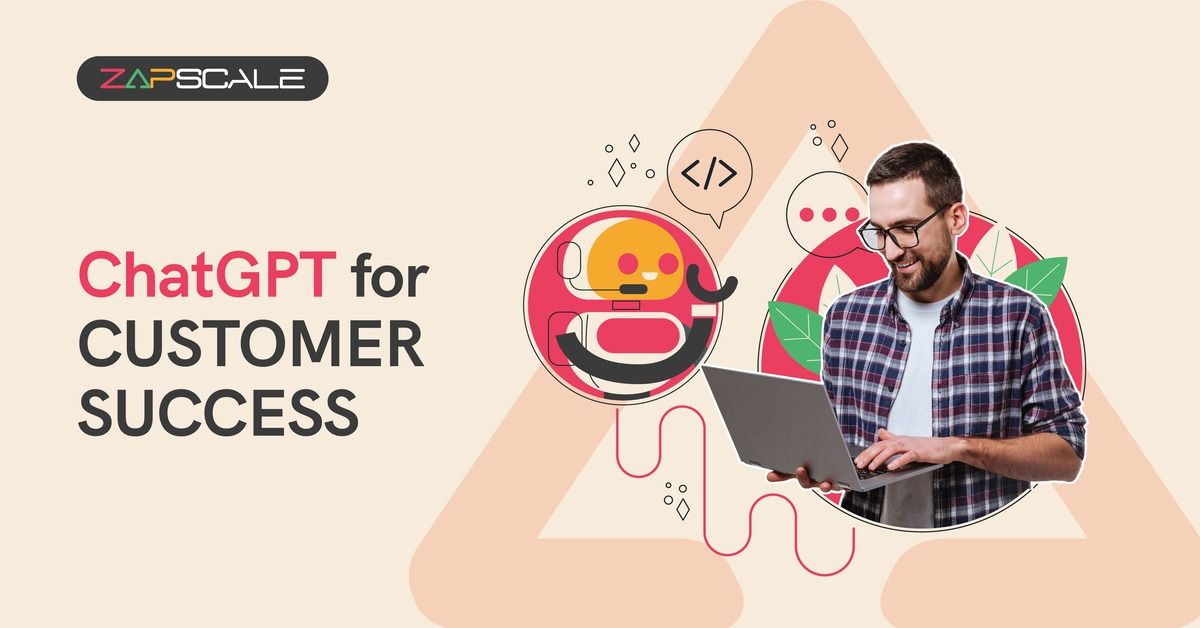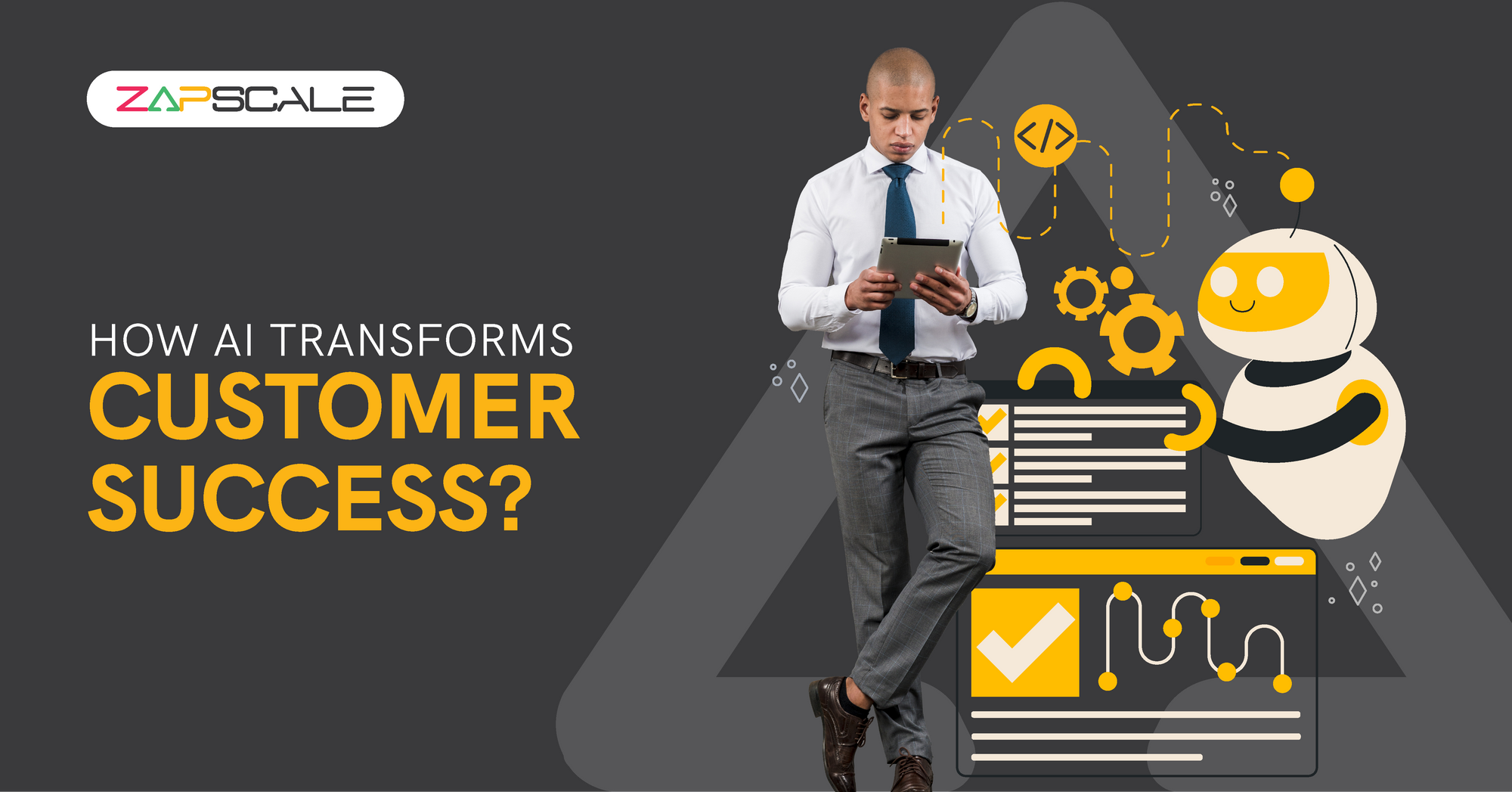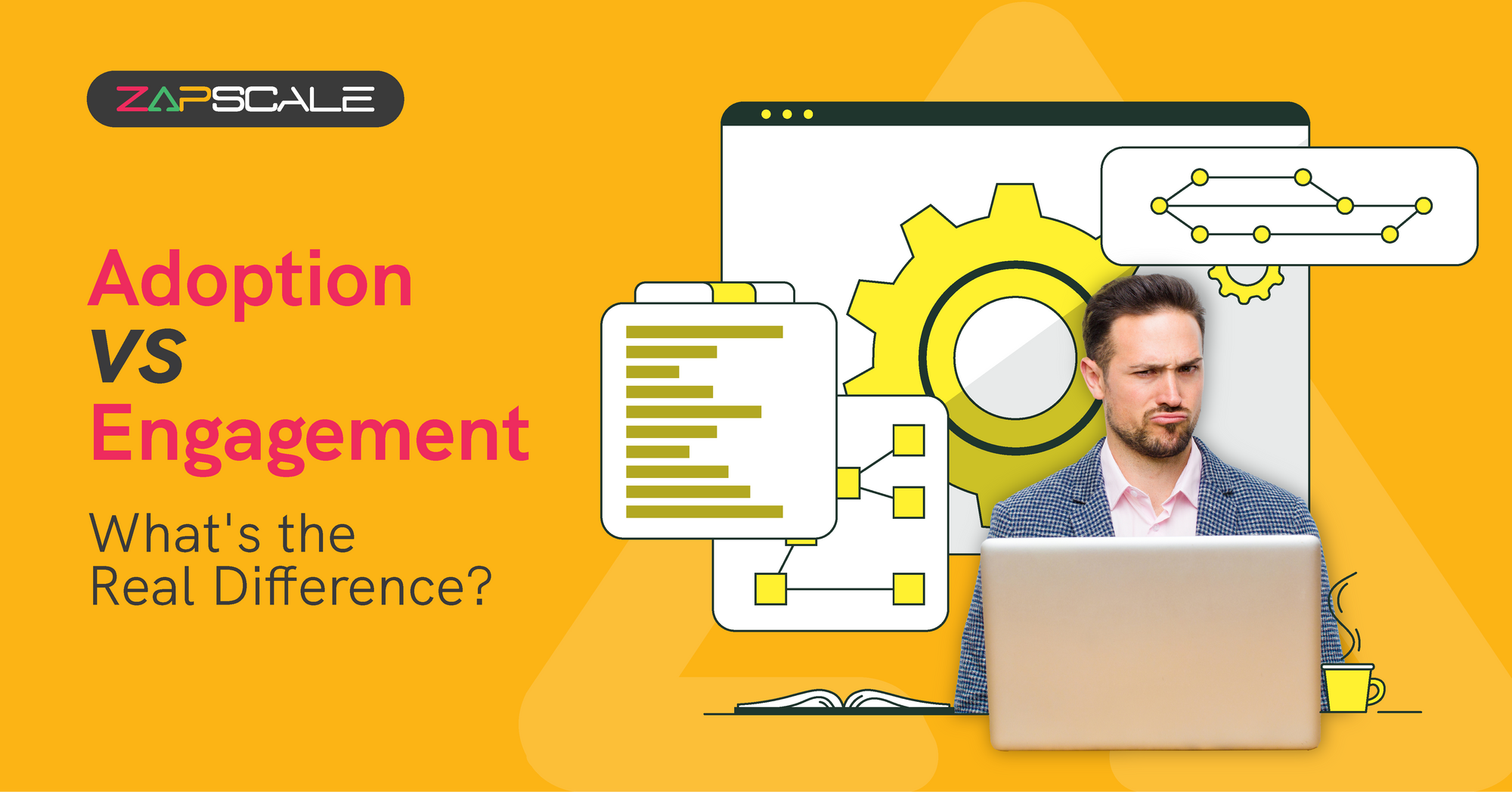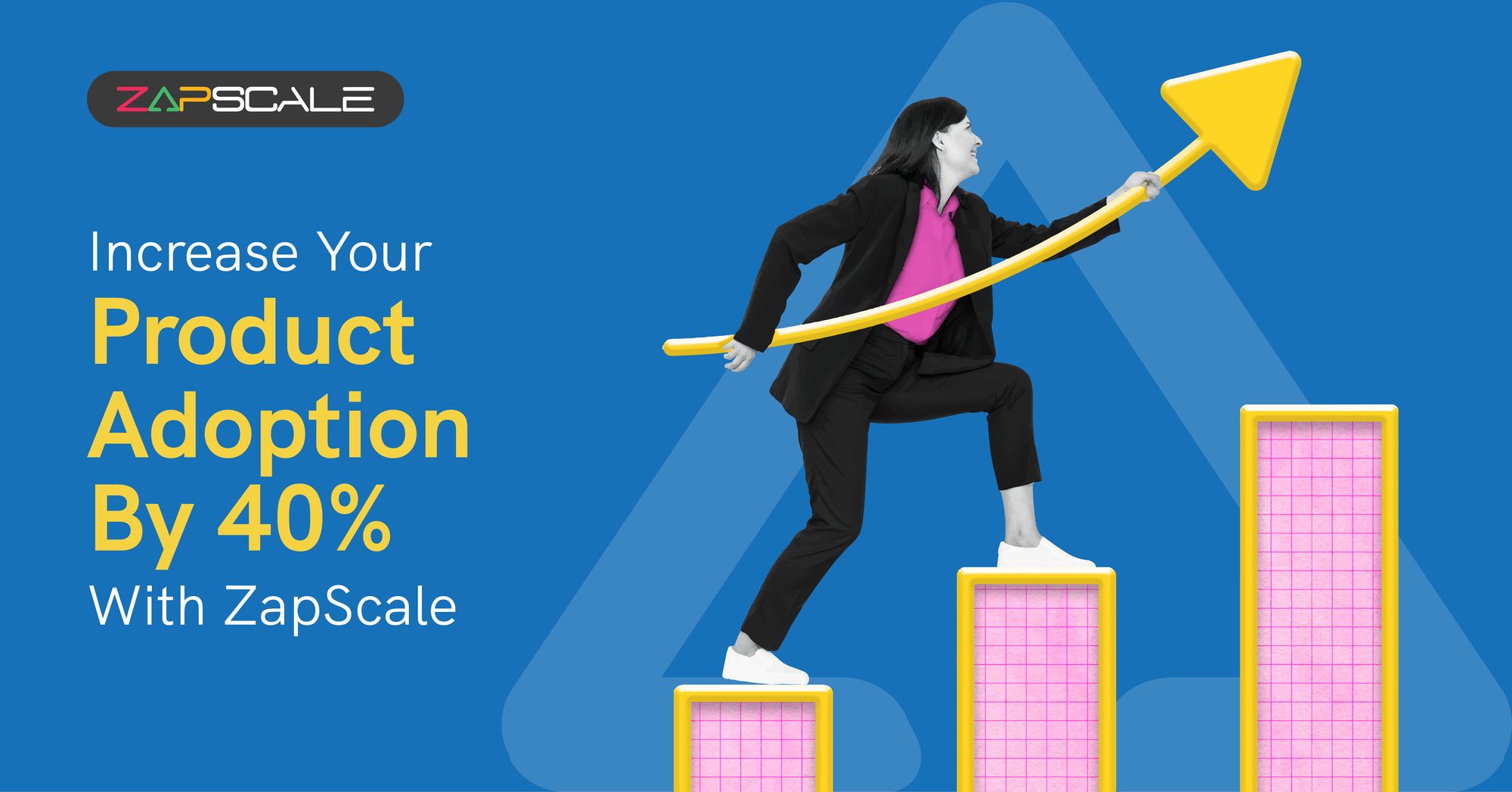CATEGORY > Artificial Intelligence
5 Practical Applications of ChatGPT for Customer Success Managers

We’ve spoken about the "Roles and Responsibilities of a Customer Success Manager" and "How CSMs can improve their productivity" in the past, considering everything that’s generally on their plate. Customer success managers are now evolving to become trusted advisors to their customers and providing them with a consultative approach to what’s best for them. The focus on Customer Success as a function being a revenue-generating one has changed the landscape of how we view CS today as compared to a decade ago which was only post-sales support and resolution management. CS is now more strategic as a role and a function. Everyone in this role needs to make use of all the upcoming technology and tools to be able to generate a high-quality output. And of course, we can’t not mention the advent of ChatGPT and how you can make your work life much easier and result-oriented.
Introduction to ChatGPT as a transformative technology
ChatGPT is a language model developed by OpenAI, based on the GPT (Generative Pre-trained Transformer) architecture. It is designed for natural language understanding and generation, allowing it to engage in conversation and generate human-like text based on the input it receives. Source.
This technology can be effectively utilized in the CS role as the interactions that a customer success manager does daily are so nuanced and can always have room for modifications to how these conversations can be streamlined. Sometimes technology can also work against us and not for us, so, it is important to understand how to make the most of this so that the workload of CSMs is reduced and not increased by another fire to put off!
How to Leverage ChatGPT for Customer Success Management
Let us take a look at 5 ways to make use of ChatGPT to enhance a day in the life of a customer success manager even further:
1. Automating Routine Interactions and repetitive tasks
There are certain sets of tasks that are carried out by CSMs daily which include sending out onboarding emails, setting a time for a kick-off call, and then follow-up communication on actionable. And of course, depending on the different stages a customer is in, these tasks are in line with the stage - like onboarding, adoption, and value realization.
This communication, at each stage, can be automated and standardized without making a customer feel like it's a generic engagement because it is important how you interact with ChatGPT and the prompts must be specific to your use case.
This process optimizes the time and effort of a CSM and also allows for effective organization and maintaining a constant touch point with the customers which further yields a satisfactory engagement cycle with the accounts.
2. Personalized Customer Engagement
By providing details about a particular customer concern and inputting context-aware information, ChatGPT can provide a tailored response for the customer and then the CSM always has a chance to overview the solution and craft it in a way that’s most applicable for the customer.
This allows for a channelized guidance process, enhancing the overall customer experience through accurate communication. This can also save a lot of time, because it's only human for the CSMs to experience brain fog on a day that’s too heavy and then instead of feeling overwhelmed, engaging with ChatGPT can enable the process and take some load off the individuals.
While we talk about utilizing ChatGPT to make the processes work in our favor, it’s also very crucial to note that we cannot and must not rely solely on it.
There’s only so much we should rely on tech because, at the end of the day, nothing beats a human-to-human conversation 😀
3. Proactive Issue Resolution
ChatGPT can be programmed to identify critical support tickets and mentions of urgent tasks as one would define them as unique to each scenario and can prompt the CSMs to direct these support queries to the right team, or channel or even take it up themselves if need be based on the urgency.
This helps in effective time allocation for the CSMs on critical matters and managing the routine tasks accordingly.
4. On-Demand Training and Knowledge Sharing
ChatGPT can be used by CSMs to generate and create interactive training modules and troubleshooting guides that are easily accessible and personalized as mentioned above.
We’ve spoken about how implementing customer success tools and automation can significantly improve the efficacy of the entire process in the Ultimate Guide to Customer Success Management where we’ve spoken about how having the right CS tool to measure metrics, automate routine tasks, and build dashboards leaves the CSM with time to focus on building a well-crafted knowledge repository using ChatGPT by providing prompts and engineering it to their assistance.
Here are some examples I found very intriguing collated by Thinkific that cover the entire customer journey and how ChatGPT can enable this process for Customer Success Managers.
5. Surveys and Feedback Analysis
We can’t stress enough how closing the loop with Customers is so important to measure. After having understood the key metrics that matter and also a deep dive into the Customer Effort Score, we should consider how the use of a language model can streamline this process.
Using ChatGPT to analyze feedback scores or collate customer inputs and understand a pattern can help decide on the next steps to engage with a particular account.
Conclusion
In conclusion, the advent of ChatGPT can be felt as a fresh breeze for Customer Success Managers (CSMs), providing solutions to enhance their daily workflows. As CSMs evolve into trusted advisors, the strategic nature of their role demands leveraging technology that helps make the most of their time in a day.
ABOUT THE AUTHOR
Popular from Artificial Intelligence
Quality Content,
Straight To Your Inbox!
Subscribe for the latest blogs, podcasts, webinars, and events!

Write a Blog
If you have experience in CS and
a flair for writing, we’d love to
feature you.
Write to us on
hello@zapscale.com






